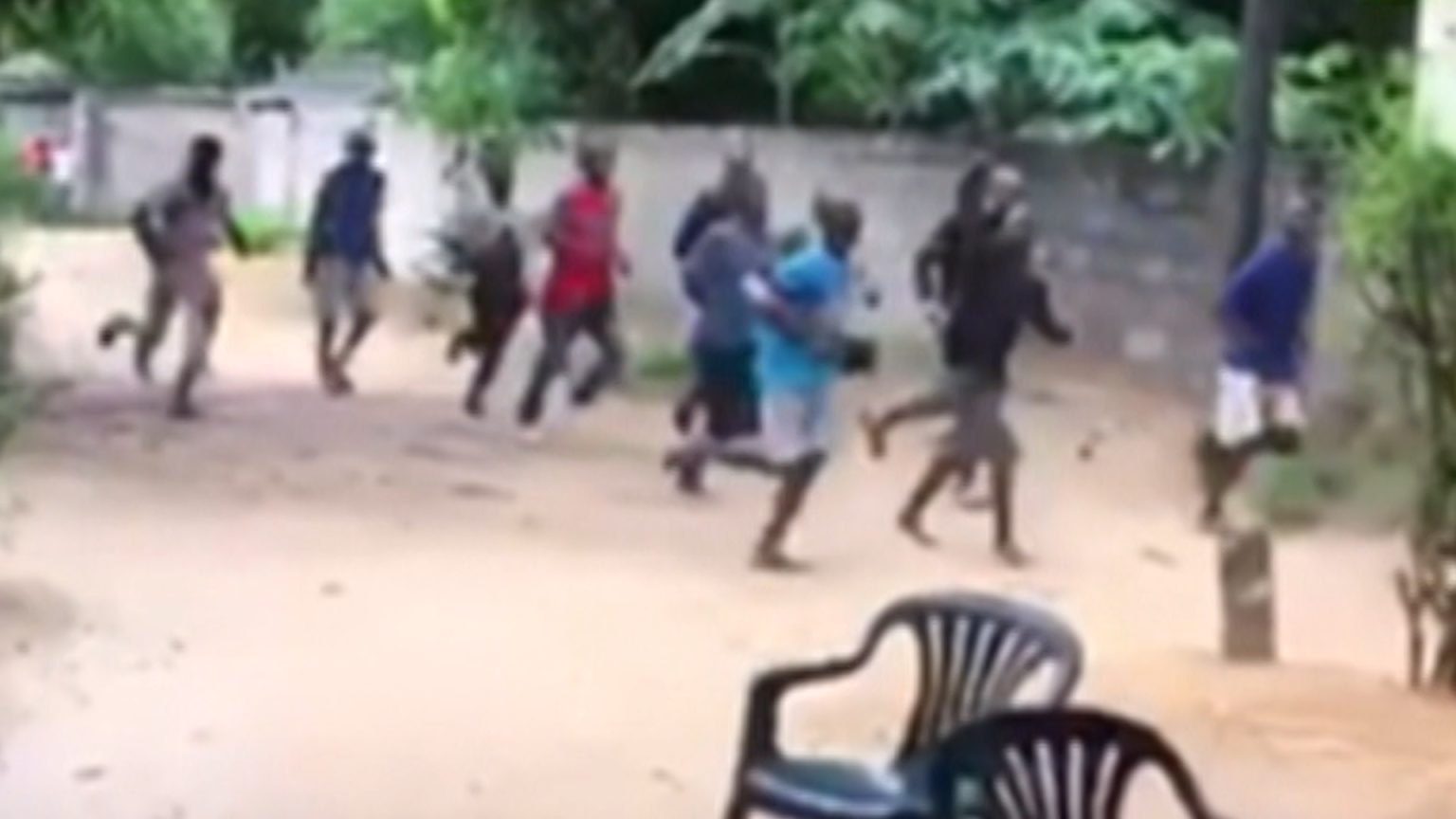Escalating Civil Unrest in Mozambique Leads to Mass Prison Break in Maputo
Mozambique is grappling with an escalating wave of civil unrest stemming from the disputed outcome of the October 2024 elections. This unrest has manifested in various forms, including protests, clashes between security forces and opposition supporters, and targeted acts of violence. The situation reached a critical juncture on December 26, 2024, when over 1,500 prisoners escaped from a prison facility in Maputo, the nation’s capital. This mass prison break underscores the fragility of the security apparatus and the growing potential for further destabilization within the country. The incident raises serious concerns about public safety, the potential for increased criminal activity, and the overall erosion of law and order in Mozambique. The government faces the daunting challenge of restoring order while simultaneously addressing the underlying political grievances fueling the unrest.
October Elections Spark Political Crisis and Widespread Protests
The October 2024 elections served as the catalyst for the current crisis. The results were immediately contested by the main opposition parties, who alleged widespread electoral fraud and irregularities. These allegations ignited protests across the country, particularly in opposition strongholds. The protests, initially peaceful, have increasingly turned violent as clashes erupt between demonstrators and security forces. The government’s response to the protests has been criticized by international human rights organizations for its heavy-handed tactics, including excessive use of force and arbitrary arrests. The political stalemate and escalating violence have further deepened the divisions within Mozambican society, creating a volatile and unpredictable environment.
Mass Prison Break Highlights Security Breakdown and Potential for Increased Violence
The escape of over 1,500 inmates from a prison in Maputo represents a significant security breach and further exacerbates the existing instability. While the circumstances surrounding the prison break remain under investigation, initial reports suggest that the escape was facilitated by a combination of factors, including possible complicity from within the prison system and the exploitation of the heightened tensions and distractions caused by the ongoing civil unrest. The influx of a large number of criminals back into the general population poses a grave threat to public safety and raises fears of a spike in crime rates. The government’s ability to recapture these escaped prisoners and restore public confidence in its security apparatus will be a critical test of its capacity to manage the crisis.
Humanitarian Concerns Rise as Unrest Disrupts Essential Services and Displaces Populations
The escalating civil unrest is having a devastating impact on the humanitarian situation in Mozambique. Essential services, including healthcare and education, have been disrupted in many areas affected by the violence. The unrest has also led to the displacement of a significant number of people, who have been forced to flee their homes in search of safety. These displaced populations are facing dire conditions, with limited access to food, water, and shelter. Humanitarian organizations are struggling to provide adequate assistance to those in need, hampered by both the insecurity and the increasing scale of the humanitarian crisis.
International Community Calls for Dialogue and Peaceful Resolution
The international community has expressed deep concern over the escalating violence and political instability in Mozambique. Various international bodies, including the United Nations and the African Union, have called for all parties to engage in constructive dialogue and seek a peaceful resolution to the crisis. These calls have emphasized the importance of respecting democratic principles, upholding human rights, and addressing the underlying grievances that fueled the initial protests. Several countries have also offered to mediate between the government and the opposition, highlighting the urgency of finding a political solution to prevent further bloodshed and instability.
Future of Mozambique Hinges on Addressing Grievances and Restoring Stability
The future of Mozambique hangs in the balance. The country stands at a critical juncture, facing a complex web of interconnected challenges. Addressing the root causes of the civil unrest, particularly the political grievances stemming from the disputed election results, is paramount. Restoring public trust in the government and the electoral process will be crucial for long-term stability. Strengthening the security apparatus and ensuring accountability for human rights violations are also essential steps towards rebuilding confidence and fostering reconciliation. The international community must continue to play a supportive role, providing assistance and encouraging a peaceful and democratic resolution to the crisis. The path forward will require a concerted effort from all stakeholders, prioritizing dialogue, compromise, and a commitment to building a more inclusive and stable Mozambique.

